|
The last few months have been pretty packed. Although I have barely had time to skip to the bathroom on the longer days, I have had almost no personal commitments. I had anticipated spending the majority of my time in Antibes, eating baguette, practicing my French and taking lengthy evening runs along the promenade. Instead, I have spent the past three months in Mallorca, and while this is the largest of the Balearic Isles, it’s still a pretty small spit of rock a fair few miles from mainland Europe. I’ve substituted the baguettes for bocadillos and French for dramatic hand signalling, but fortunately for me, Palma’s famous walkway is clear of rollerbladers and cyclists, making it the perfect stroll for the wide-eyed tourist. Life in Palma I have never seen so many boats in once place. If one stands on Avinguda di Gabriel Roca, the marinas stretch out beyond sight to both the left and right. When the wind picks up, the tinkling of rigging against mast can be heard a kilometre inland. Instead of church bells, Palma’s religious calling is to the sea. Despite this, the Cathedral de Majorca is a remarkable place. The oldest Gothic cathedral in Europe, the construction of 'La Seu' spanned eight centuries, coming to a close in the 20th century under the eye of Anton Gaudí. One of the greatest events in the cathedral's calendar is the winter solstice, when the stained glass rose window aligns exactly with the sun. Unfortunately, I wasn’t in the country for that spectacle, though the inverse effect, the summer solstice, was breathtaking enough. My camera hadn’t a hope of capturing the rich reds cast across the dim interior from the 61 windows and I won’t tie myself in knots trying to describe the effect. Some architectural feats are miraculous enough to speak for themselves. The cathedral is charmingly overdone - there’s no mistaking its almost laughable size and grandeur. The imposing nightlit facade dwarfs the innumerable masts below. Returning from Algeria by night, I found it to be a better homeward marker than any lighthouse. The cathedral walls became my hideout when living in a space trampled by dayworkers and contractors got too confining. After the tourists make for the bars of Santa Catalina, when the last pedlars have turned for home and the remaining busker begins playing for pleasure rather than tips, the cathedral probably best represents what Gaudí would have wished for it. Lying on the furthest corner of the warmed battlements, one can look out from the city towards the sea and feel entirely alone. Palma is an incredible city, but a loud and public one with few quiet spaces. This was my favourite. As a congested hub with more boats than she has berthings for, Palma unfortunately also attracts her fair share of cruise liners. These pull into the commercial dock in tandem, coughing up tens of thousands of Brits into the tourist hotspots where they queue for ice cream and curios before being summoned back by the horn's unflattering blast. The port rings incessantly with the reverberated sound of the departing ferries and liners. I loved the city and its unabashed fervour, but during tourist season, nothing ever stops. Highlights Working in Mallorca was exactly that. However, I loved waking up to sunrise across the water and chasing it along the Paseo Maritimo before my morning shift. I loved the feel of community in Palma and their proud investment in arts and culture. I loved the graffiti and its respectful absence from historical landmarks. I loved the Spanish fruits, particularly the citrus. When the Moors took control of Al-Andalus in 711AD, they brought with them all the reminders of Northern Africa to Spain. Mallorca is a fertile hotbed for good grapes and explosively ripe tomatoes. Whenever I run provisioning for the boat I buy local. It tastes better, and there’s something pleasing knowing that produce was picked ripe that morning, by a farmer located a mere 30 km north. Getting around My French is better than my Spanish, and even that is about as rusty Cape Town's Metrorail. Working in an international environment with limited hours off and in close proximity to the tourist attractions made it easy to rely on English. However, there are certain non-negotiables to life in Spain. The people are happy to try to speak your language, but not your culture. I learnt that ‘Spanish time’ takes into account not only a siesta, but also a lie-in of indeterminate length. This affects everyone's punctuality, from bus drivers to contracted painters. Hurrying a Spaniard is an impossibility, and the faster one learns that, the better. Spanish survival phrases Having to allergen-check each ingredient on every jar I bring aboard has meant I developed a limited culinary vocabulary pretty fast. For some reason, a-foods are usually the ones to look out for. I’ve learnt to skim read labels, picking my way through the a's with a radar heightened by the pressure of filling a boat with enough food to feed seven people for three weeks. Even in the stinkiest foods sound sexy in Spanish, which I guess is a consolation. I can’t speak the language, but I can rifle off a sultry list of irritants. Some of my favourites are: Alcachofa - artichoke Aguacate - avocado Aceite de girasol - sunflower oil Almendras - almonds Anchoa - anchovy Anacardos - cashews Azùcar - sugar The only one that ruins the effect is ‘aceituna' - olive. Nothing glamorous about that. There are obviously complications when relying on Google. Not only does it double the time stuck in an aisle lined with every type of unrecognisable puffed grain (the Spanish love legumous tapas), but it is also rather literal. I’ve created anarchy among a grocer’s management who could not understand what I was asking for. I was 40 minutes into checkout, with a queue of irritated mothers huffing at the yacht logo stitched into my pristinely-starched uniform, when I was approached with a grotesque sea creature of indeterminate species. An hour earlier I’d requested ‘bajo’ from the fishmonger, having recently been complimented by my guests on a fishy dinner. I thought I had served sea bass, though I have since worked out that 'bajo' literarily translates as ‘based’. I have therefore resorted to substituting the dish with less complex ‘merluza’ (hake) or ‘bacalao’ (cod), but what I originally plated remains a mystery. Most of my provisioning trips took place in the sticks, off remote anchorages ill-serviced by taxi or bus. I have been neglected on highways in San Antonio and trekked seven kilometres between the (closed) supermarkets of Alcùdia. I have come to dread manoeuvring the 20kg load back to whichever nondescript wall I was dropped off at. There’s always a moment of panic that the grocery bags won’t fit into the tender, let alone the limited galley storage. I don’t spend all of my life provisioning. Not quite. There are a few other necessary survival phrases I’ve had to pick up to get by. They’re indicative of everything that makes working in the Balearics incredible and frustrating. As exciting and expressive as I find Mallorca, the people are the least sympathetic I’ve met. They’ve had it up to their eyebrows with us English (and yes, I can speak for Paris). 'Uno momento' - one moment Heaven forbid you hurry a Spaniard. The phrase is usually accompanied by a raised finger shaken vigorously at nose-height. I have yet to learn how long a Spanish 'momento' is, and it can be used in any situation, ranging from a lengthy chat with a friend to a painfully laborious separation of brown coins into piles of ten. Use this often, and you fit right in. It works well in conjunction with 'manyana' (tomorrow). 'No pasa nada' - no problem The heat and humidity of the island is probably a contributor to the truncation of this expression. It can be shorted to ’de nada’, ’nada’, or simply a nonchalant shrug of the shoulders and chin tilt. Spanish is amazingly versatile. Somehow, no matter the context, I always come away feeling guilty when this is tossed back at me over the counter or phone line. 'Perdón' - pardon Also an accusation. You’re in the way. Kindly remove yourself. 'Puerto' - port The first thing I was told when I arrived in Palma was that if I should ever get lost (which I do, a lot), I ought to aim downhill to the sea. Sound logic. However, on an island, the ocean is never far. Faced with this many interlaced marinas and identical anchorage bays, knowing how to find the nearest commercial port is critical. Nobody misses the ugliness of an industrial port against the idyllic blue of the Mediterranean in June. Ports are big and smoky and smelly and grey - the perfect reference point when seeking out one mast in a million. There are many things I don't understand about Palma de Mallorca. For example, though I am an avid fan of local produce, my enthusiasm stops when it extends to tarring the roads using soapstone due to its abundance. I love siesta, but not when I need to buy lunch. It's not a city for the FOMO-prone. It is forever abuzz with bizarre festivals ('Yoga Meets Beer') or impromptu sidewalk symphonies worthy of a concert hall. Palma is the only place I have ever been yelled at throughout a 90-minute yoga lesson ('cinco, cuatro, tres-dos-uno, arriba!'), and I loved it. It's unashamedly itself, a mismatched collection of cultural influences, dialects and pronunciations, all united by one love: boats.
0 Comments
Only when I expressed an interest in joining superyachting did I realise how common a gap year it is among restless (and privileged) twenty-somethings. Some stay longer than a season, and some peel off after the first few weeks. The industry relies on two unchangeable facts, but so far, these are the only certainties I have encountered. 1. There will always be a certain crème of the über-elite who take to the western Mediterranean during the summer to cruise and booze about the crystal blue. 2. Their vessels need servants - and lots of them. A friend wryly summarised life at sea as 'boats are floating problems'. Add dinner service, expensive linen and crystal ornaments, and you have your hands filled beyond capacity. What I like about the experience The people Working to deliver worldclass service to a multimillionaire seems like a losing battle. Those that try ('yachties') tend to be of a particular breed, and they make everything feel like an adventure. Almost everyone here has at some stage pulled themselves up by their bootstraps and is accustomed to leaping into the unknown with a near-empty bank statement. The industry requires an unusual mix of easy extrovertism and comfort with being almost totally alone when relieved from sharing a cramped crew cabin for extended periods of time. Most of the people I have met are charming, generous and spontaneous, and many have experienced some of the world’s greatest natural beauty first-hand. I've gravitated to people who are happiest when hiking a secluded route or meandering the streets of the old town when they come ashore. This wanderlust often comes with a heavy party habit and a loose approach to friendship. Yachties are a decent sort, but the inconstancy of the industry contributes to their leathery exteriors. Everyone is either coming or going, and they will happily share a bus, pay for a drink or offer to distribute your CV. Don’t necessarily expect to stay in touch. If you bump into each other, however, you can count on the same warmth and wicked humour. The dramatic landscapes The Balearic Isles are riddled with hidey-holes that are only accessible by boat. One of the greatest joys of braving the day and emerging from my cabin is opening my galley door. Somehow, the other side always surprises me. Volcanic cliffs, secluded calas, isolated caves, even Dolce and Gabbana's metallic starboard beam blaring Clapton's "Cocaine" as they eat breakfast: the workday invariably begins with a boom, and the surroundings usually match. Most seasoned crew will cite the tax-free salary and reduced living expenses as the greatest perks. The fallacy that is marketed to newcomers is one of extensive travel and fast money. Money won't get you through the long days, and working to maintain a boat keeps the crew locked in 'transit' rather than 'travel'. The guests are on holiday, not the staff, and being unable to access land gets old after a few weeks. Panoramas shift between such extremes that to some, they become unremarkable. So what gets me through the cabin fever and hard days? In all seriousness, having nature shoved so far up my nose that I can taste it (and it's salty, if there was any doubt). The physical work Working on a smaller boat means that my role blends between departments. Though I spend most of my time cooking, I also maintain the interior, ensure that laundry and cabins are spruced and sparkly, choose the wine, manage provisioning (a massive undertaking for such a short word), and serve the guests. I have learnt more about food sanitation, cocktail preparation and cheat ironing methods than I suspect I could possibly need on land. However, I am also required to help with anchoring, berthing, fuelling (4000L at 50L/min is no joke), moving the tender and handling fenders and lines. Though I haven't exercised in more than two months, my fitness is kept in check by moving for 16 hours a day. I came into the industry as a stewardess and am fortunate in that I understand more about the mechanics of the vessel than most other girls in my position. The reality is less picturesqueIt's hard to break in In truth, entering the industry without prior experience in a 5-star hotel is pretty tricky. There are other points that raise eyebrows: the hours are near-permanent, the good jobs don't go to new crew, and there is no job security. In this fickle industry, ‘longevity’ on the same boat is anything from a season upwards. Everyone is dispensable and it is a numbers game based on the timing of a punchily-phrased email as to whether or not one secures work. My least favourite part of starting as a greenie was the seeming pointlessness of the tasks I was set. But trimming the loose threads from the bath towels, shining interior cupboard hinges and polishing cutlery that may never get used is what makes guest experience that smidgeon more perfect - and therefore no task is too menial. Superyachts are not for anyone who finds ironing the creases out of a dressed bed futile. Embracing complete uncertainty I mentioned that there is only one constant, and that is the complete inconstancy. I got my first job eight hours after losing my accommodation, with no replies to the two hundred or so mails I'd fired off over the past week. I was considering returning to au pairing and catching a breather from the high-intensity nothingness of trying to convince someone to take a chance on me. It turns out I was not experienced enough for the first position I landed, and was fortunate enough to secure a job on my second boat a mere two hours after I was asked to leave. The superyachting industry is exciting because there is never a set plan - I have no idea where I will be this time next week. However, the volatility of the industry as a whole is draining. Every week, another friend has moved boats or changed jobs. It makes scheduling impossible. Two friends from back home flew into Palma de Mallorca to see me, but due to a last-minute change in the boat's itinerary, this became the day I set sail for Ibiza. My boat re-entered the marina 8 hours after their flight back home departed. South African superyachties have a repI've had a lot of questions about how I came to be where I am. For anyone looking to learn more about the practicalities of joining the Med season as a Saffa, the rest of this post is pretty long and delves into that in a fair amount of detail. Breaking into superyachting as a South African can be expensive, because it feels as though everyone is either trying to sell something or peddle anecdote as common knowledge. It is also harder to break into yachting as a South African than say, someone from the EU, without the stringent Schengen visa restrictions. To top it all off, there is an overwhelming surplus of proudly-SA 19 year-olds with little or no experience, who eagerly flood a yacht's inbox when any position is advertised on one of the community's Facebook pages. In Palma, it is impossible to escape my homegrown accent. I regularly have the teasing Johannesburg vs. Cape Town argument, only to catch myself with the realisation that we are standing ...¿en España? The generalisation that South Africans in superyachting party too hard and work too little could be founded (we loudly dominate the pubs), or may simply be due to the fact that we outnumber most other nationalities. For a boat trying to maintain diversity in crew dynamic, it becomes exhausting to see yet another Hermanus-born bloke in a polo grinning up from the computer screen beneath the keyword "fast learner". Everyone's an expert Anyone can tell a newcomer (especially one who has just paid them for training) that they are guaranteed a job if they follow steps x, y, and z. Everyone bashes on that bigger boats are better boats, and that something will turn up soon. Stay positive. Keep looking. To be honest, I’m intimidated by the monster yachts I’ve seen floating around Monaco - any boat over 40m starts to look like a cruise liner to me. Boats come in all shapes and sizes and they develop strange mutations the minute they are filled with people. Yachting is about nodding to everyone as you sprinkle their words with salt. Make up your own mind. A little of the legal: the South African loophole Getting into superyachting as a South African sounds questionable given the fact that the job hunt happens on a tourist visa. Many agencies will help with the acquisition of a multi-entry Schengen ‘yachtie’ visa, under the guise of facilitating employment by allowing one to legally cross between borders. I spent enough time calling agents and subtly visiting Capago and the French consulate to get what seems to be as much of the substance of a holey story as possible. Here it is in text, before I forget which steps became stumbling blocks as a newbie. Legally, one cannot work on European soil without a paperwork-intensive Schengen work visa. These usually require proof that the job you are performing cannot be performed by a local, and therefore you usually have to be pretty niche and qualified to obtain one. However, no country owns the ocean, and anyone can legally work at sea visa-free. However, if you plan on heading out of port to hike the Italian cliffs or ski in the Alps, that tourist visa could come in handy. Keeping on the legal side of the smudgy line: The process, beginning to end, looks something like this:
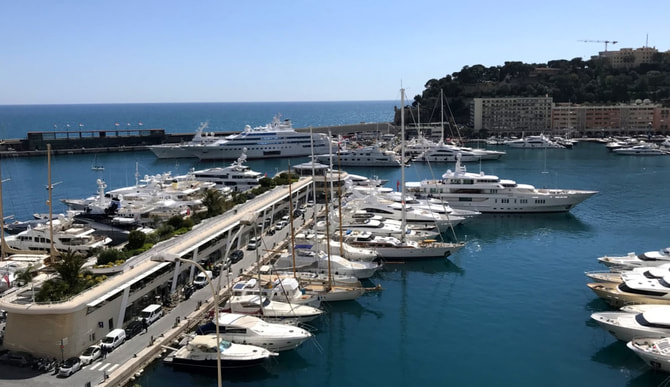 Monaco prepares for the Grand Prix Monaco prepares for the Grand Prix It’s costly without job security There is one problem with breaking into the industry and that is the immense up-front cost, particularly as a South African. I put all my savings into the courses and training, and trusted blindly that my first job would cover earning that back. These costs, both stipulated and hidden come from: The courses Legally, all seafarers are required to complete training to prepare them for safety at sea. The STCW stipulations cover fire fighting in confined spaces, life raft usage, personal safety and survival, security duties, and an awareness of the risks of stowaways, smuggling and piracy. It’s an exciting programme and an eye opener. The other courses out there include tender driving, food health and safety, service and wine/cocktail training, beauty therapy, massage or personal training. If there's a skill someone will pay to have onboard, there's a school that will make you pay for training ashore. The Schengen Visa This isn’t just the admission fee for the final document. Factor in the hidden costs: air flights and accommodation that must be booked up-front, travel insurance for the full visa duration, couriers and agency levies. The list goes on. It's a costly application. Travel arrangements, clothes and kit It’s expensive preparing for a season away in a foreign country. Factor in the bizarre clothing recommendations my training agency made and the zeroes rapidly accumulate. You don't need much more beyond socks and underwear - today is a stinking 32˚C. I am very grateful for the Jet store located just off Adderley St, Cape Town. They sorted me out with smart interview pants and pumps, all for under R120. I have since donated these in mint condition to the Red Cross - I leave something behind in every country I move on from. My pyjamas are somewhere in Nice Airport. Living expenses It took me approximately 3 weeks to find a job. It can be incredibly competitive for men, and they often take twice as long to land a permanent position. Many girls talk of landing a superb job while out partying with the seasoned crew. It’s rarer than it seems, and if you’re anything as fussy as me, it helps to do some saving first. I chose to au pair in Ireland for a while, which certainly contributed to my peace of mind in France. Italy is cheaper than Spain, which is cheaper than France. However, I studied French in Antibes and grew a soft spot for the vieille ville. There was no question that I would return to munch my way through every boulangerie on every corner. Landing a job offerEveryone wants to get their foot in the door, and it’s quite hard watching excellent candidates not get that post-interview callback. I’ve been very fortunate, but I am honestly not sure how much I have had to do with it. As I stated above, a lot of hiring relies on someone being in the right port on the right afternoon. I leant on many shoulders starting out, and so to pay it forward to anyone out there who may one day use the information, here is one formula that worked for me. Every personality is different, and yachts are about as diverse as any household from anywhere in the world - that is after all what they are. Big, expensive, shiny holiday homes filled with toys and gadgets and champagne. They look the same from the outside. They most certainly aren’t on the interior. Clothing I was instructed to wear the ‘typical dockwalker gear’. I did my very best and wound up feeling like a pubescent Tweedle Dee at a 60's pool party. I was cold, uncomfortable, and took the backs of my heels off during my first 20km stroll through Cannes. So I recommend great chinos, or jeans or pants - that pair you already own, and save for dinner with that relative. A freshly ironed collared shirt - blue, grey, or white. I wore them all. You're going to sweat. A lot. A blazer - because I’m a cold person and docks in the French drizzle are even more miserable than Spanish docks in the relentless sun. Dockwalking This is one of those character-building activities I think everyone should try once, like waiting tables or fixing plumbing. Nothing can bring you quite so close to your existential core as dockwalking will. One finds oneself questioning the actions that brought them to this particular moment, interrogating the subtleties of the past, and grappling with the meaning of it all. To add insult to injury, everyone can spot a dockworker from a mile away. Something about the dead look in their eyes and the eager stack of CVs protruding from a too-full backpack give it away in an instant. Needless to say, I gave this up pretty quickly. The cost in time, energy and physical Euros when I could achieve four times as many CV-shaped missiles into the inboxes of people actually seeking crew just wasn’t worth it. Most guys who come into the industry as deckhands will need to walk to distribute their CVs, as there are fewer positions advertised online and many more people to compete with on the ground. Do yachts actually call you back if you leave their CV under their mat? Suprisingly, yes. I dockwalked for three days, hitting four ports and distributed about forty copies of my CV in black and white, which translated into five calls for interviews and one job offer. 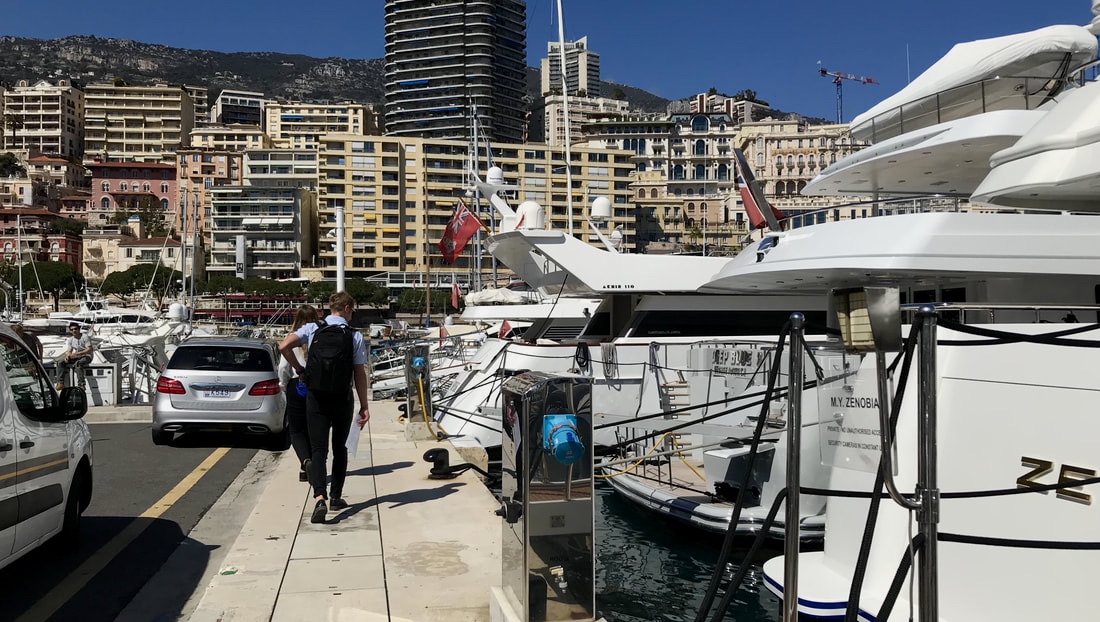 What dockwalking actually feels like What dockwalking actually feels like Emailing I found almost 90% of my job offers on the many yacht crew community pages (Palma Yacht Crew and Antibes Yacht Crew are the most active), and fired off message after message designed to place me above the other 120 applicants who saw the post in its first hour. This took trial and error, and what worked for one captain failed dismally with another. The format With much tweaking and rewriting, I suspect my housemate and I found a format that made us stand out. Sometimes that worked in our favour; sometimes not. The key is to lead the first sentence with one's main skills - her knowledge of sailing or my hospitality experience. Next, the facts. We are in the right area, with the right certificates and ready to move at the drop of a hat. I learnt to make my writing much less formal and to overuse exclamation marks. I hated myself each time and I’m still not over the shame of it. Next the contact details. Text is heavy on the eye (this post serves as evidence), so introducing space and bullet points help. There's a problem, however. I am new. I have no experience. I have nothing to offer. I include two attributes at the very top of the list that set me apart from other green crew: namely that I have realistic expectations about how intensive the work will be, and that I have a resilience to match this. I also include that I like cooking, a huge plus on smaller yachts, as many positions are combined with crew / guest meal preparation. This little line is what landed me my current position, one that is rapidly becoming ever more chef-intensive (not something I'm complaining about). I always attach my references with my CV - I can’t persuade someone I know anything without experience, but the companies and families I have served may be able to. The longer the letter, the better. Final analysisEntering yachting, even for these few months, has taught me much more about how to compete without competing. There is a way to rank first and add value without using the competition as a barometer. Boats work where there is common interest, and if you can land a crew with similar principles and hobbies, you’re halfway to an adventure already. The people make the experience, and despite all the goodbyes, the hellos are always exciting. It's impossible to hide anything in a shared room with 83 x 195cm floorspace - respect and co-reliance become automatic. I see something amazing everyday, and I make a mistake everyday. There is only one thing to be done, and that is to sit wide-eyed, open-eared, and be a sponge. I'm very fortunate that my current boat allows me to do that. |
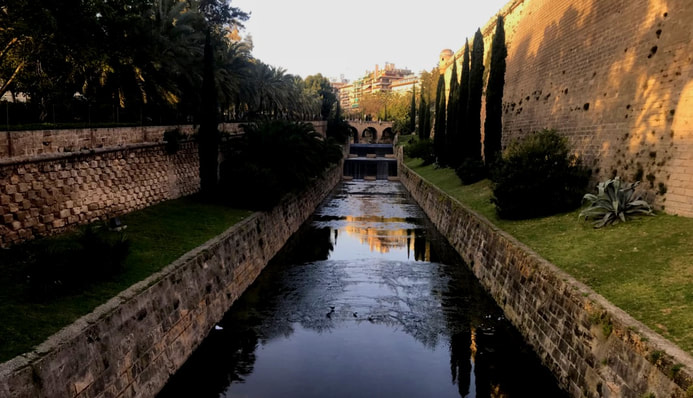
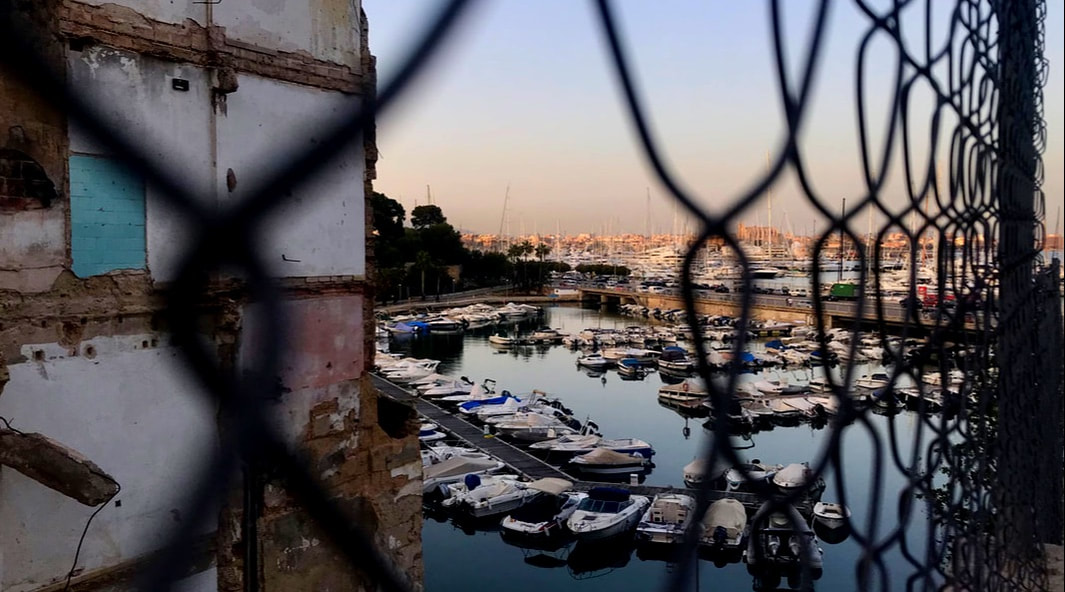
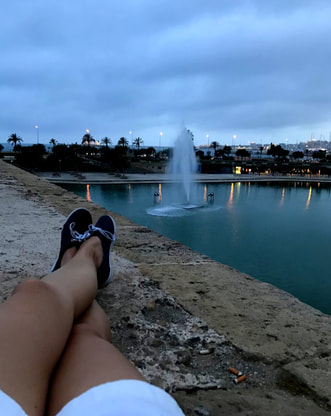




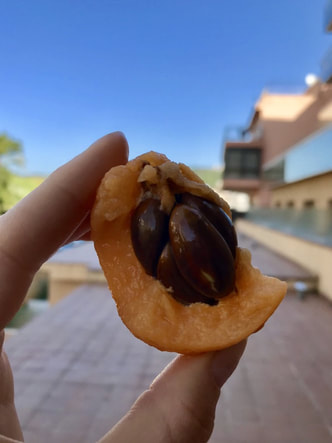
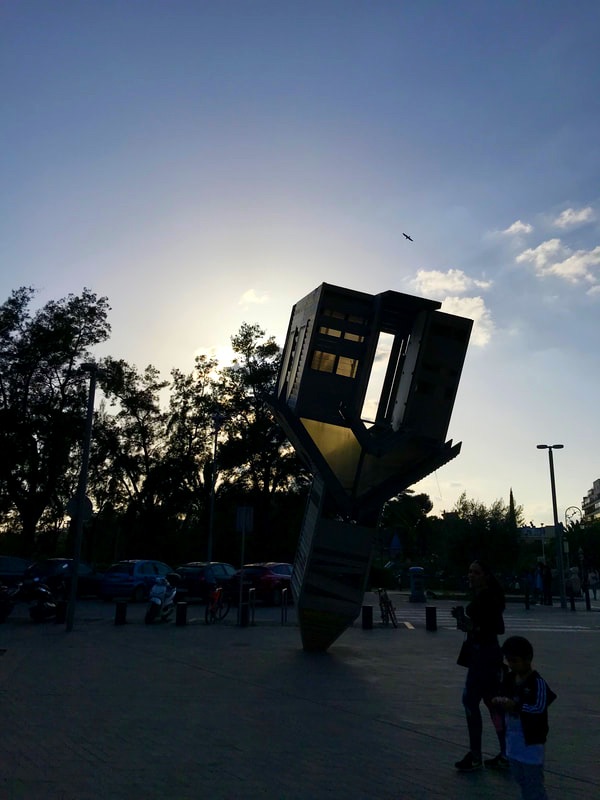
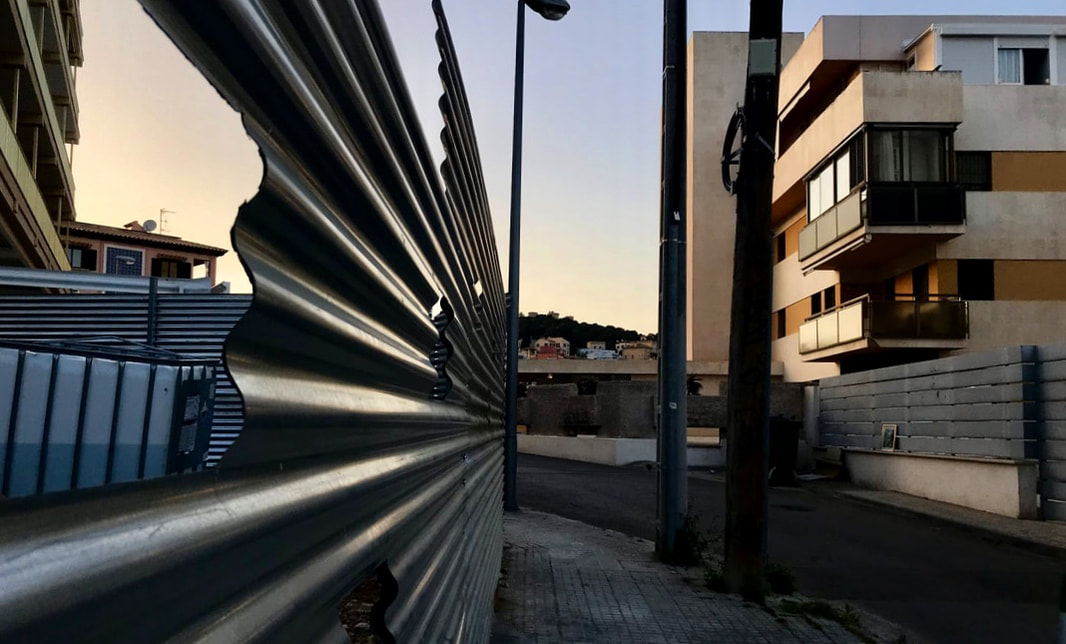
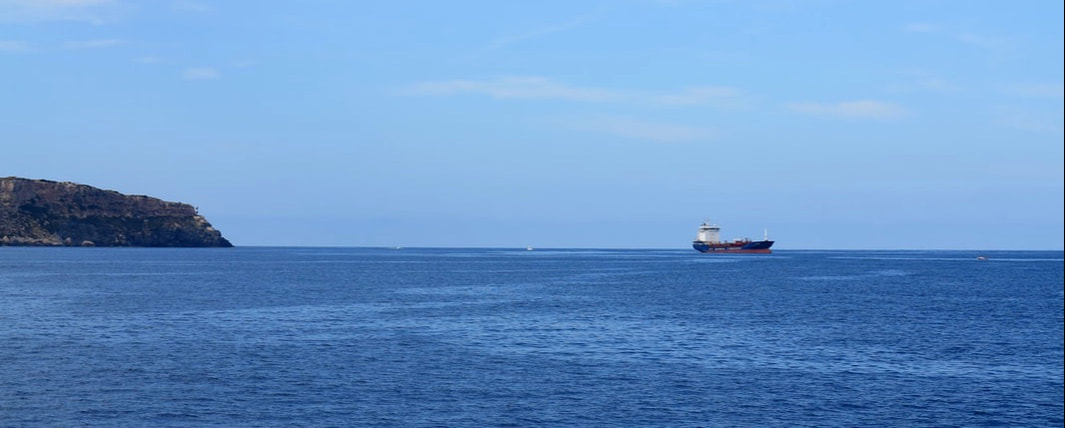
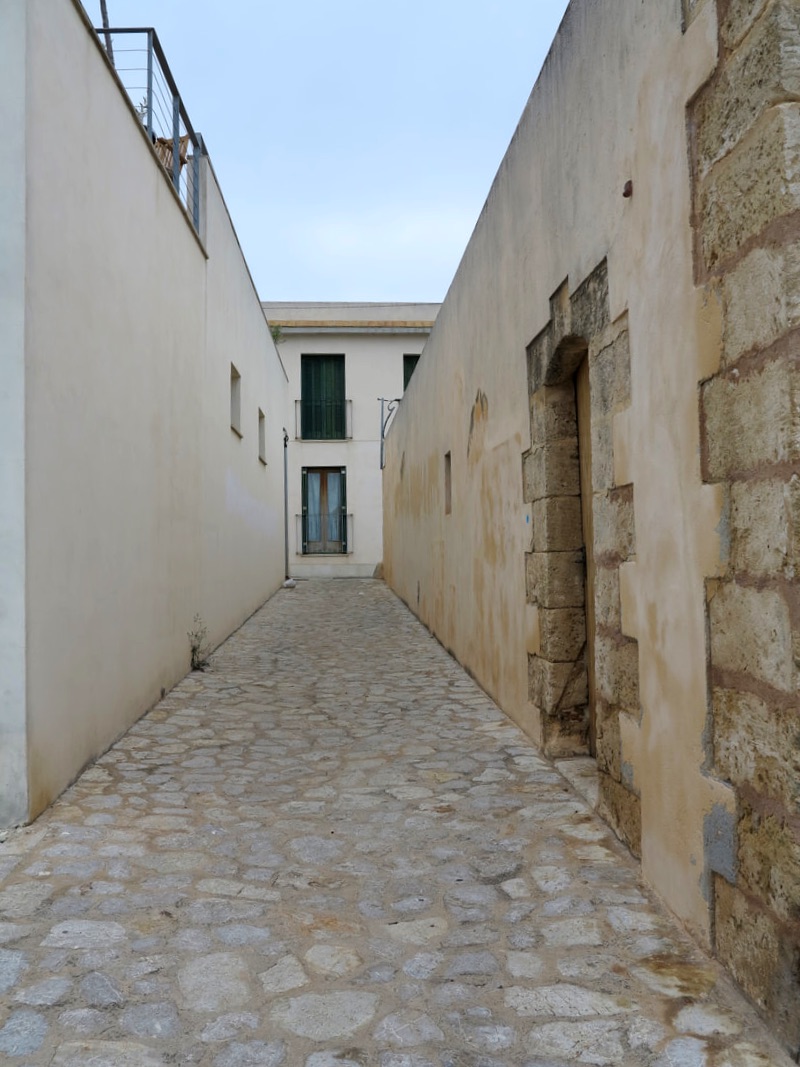
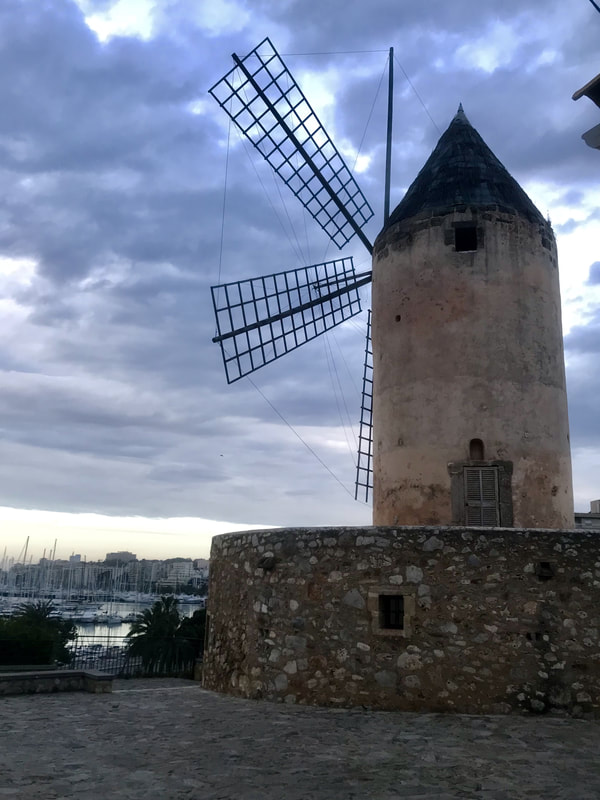
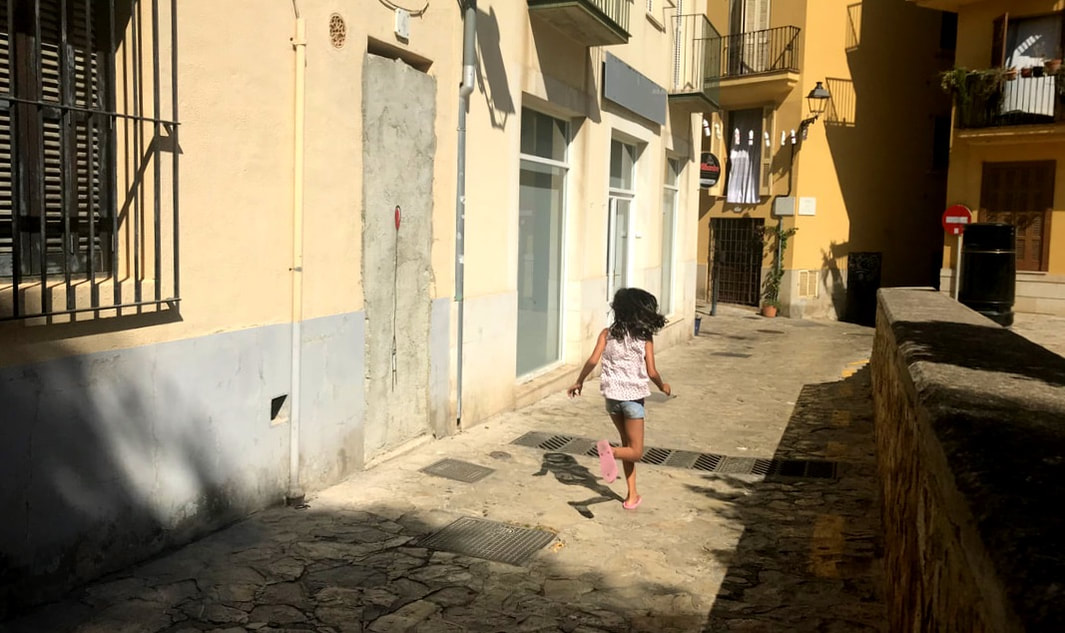
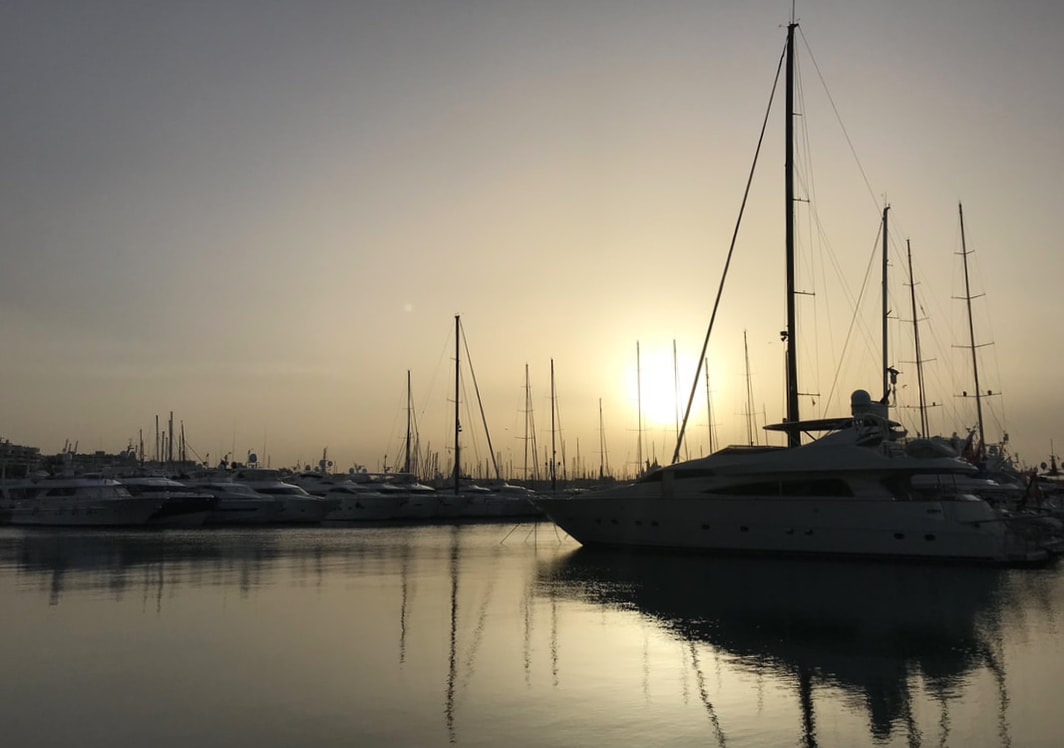
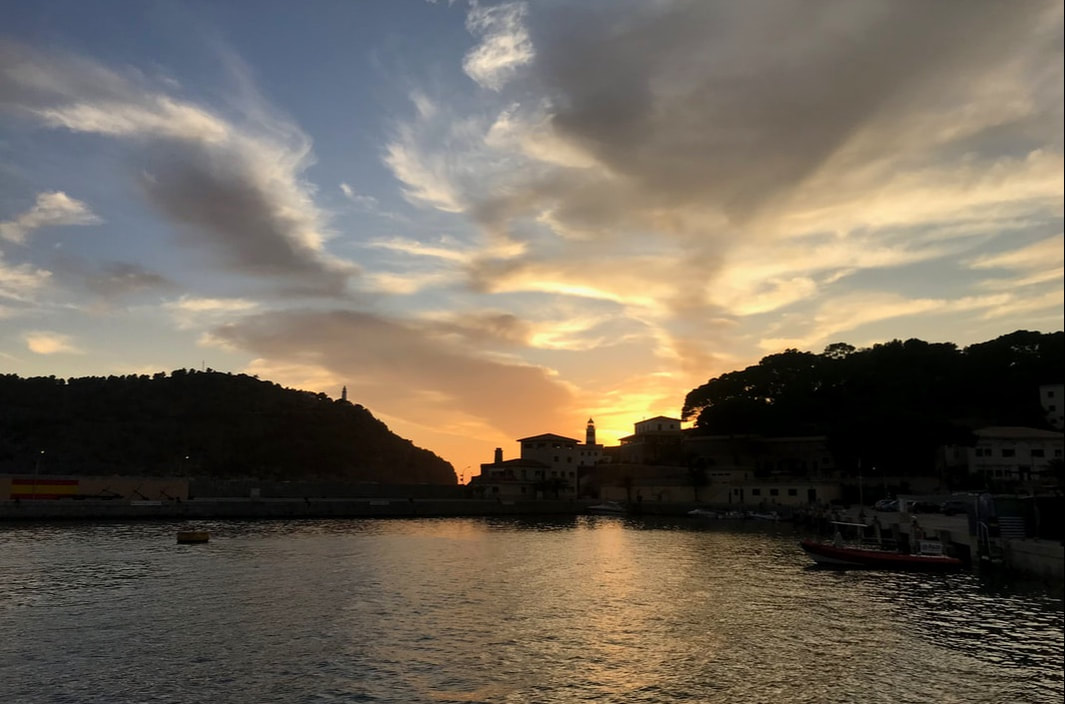
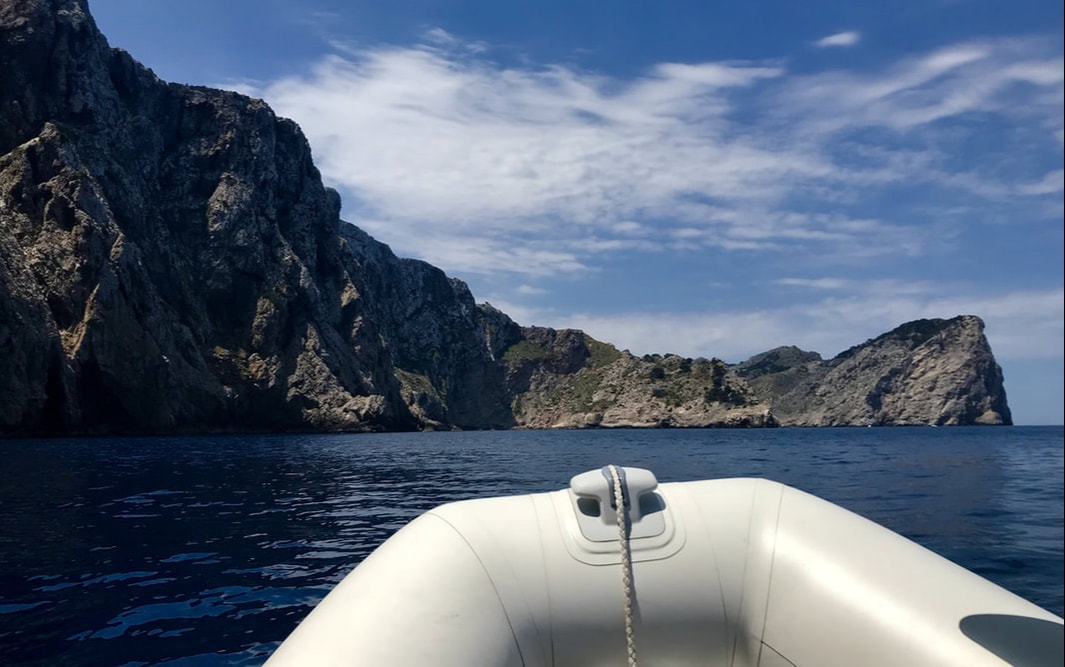
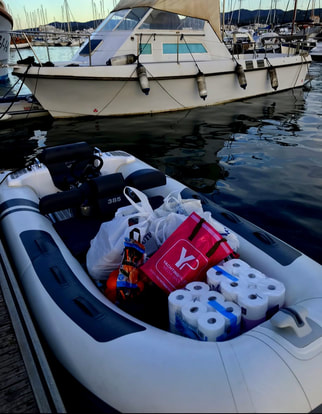

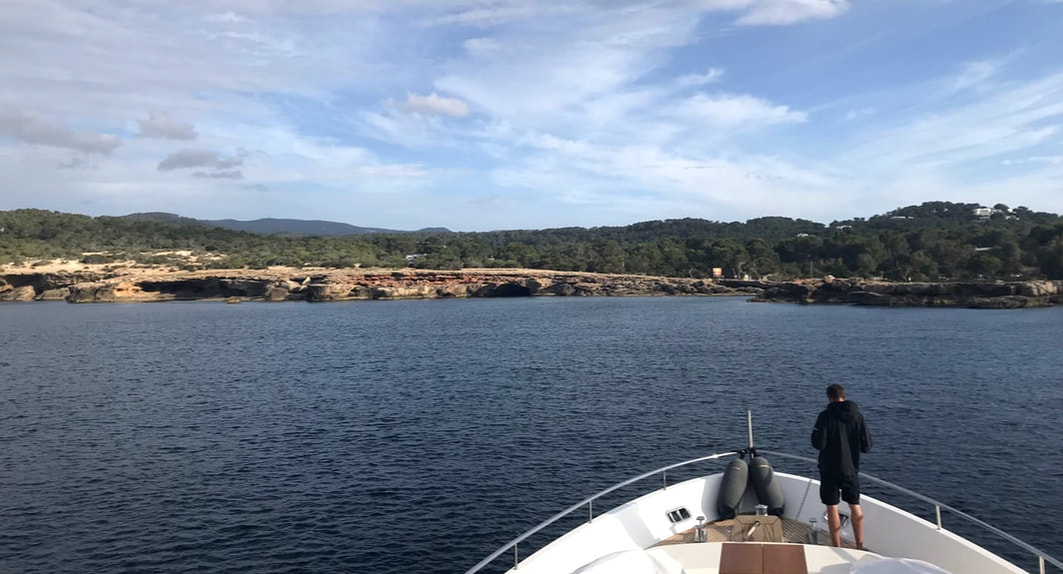
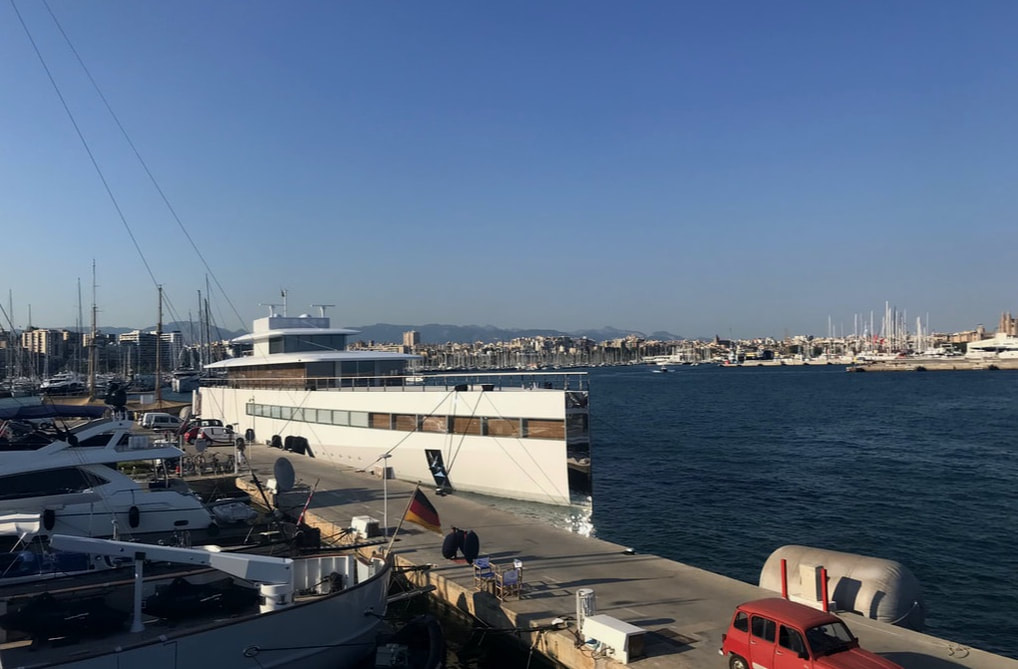
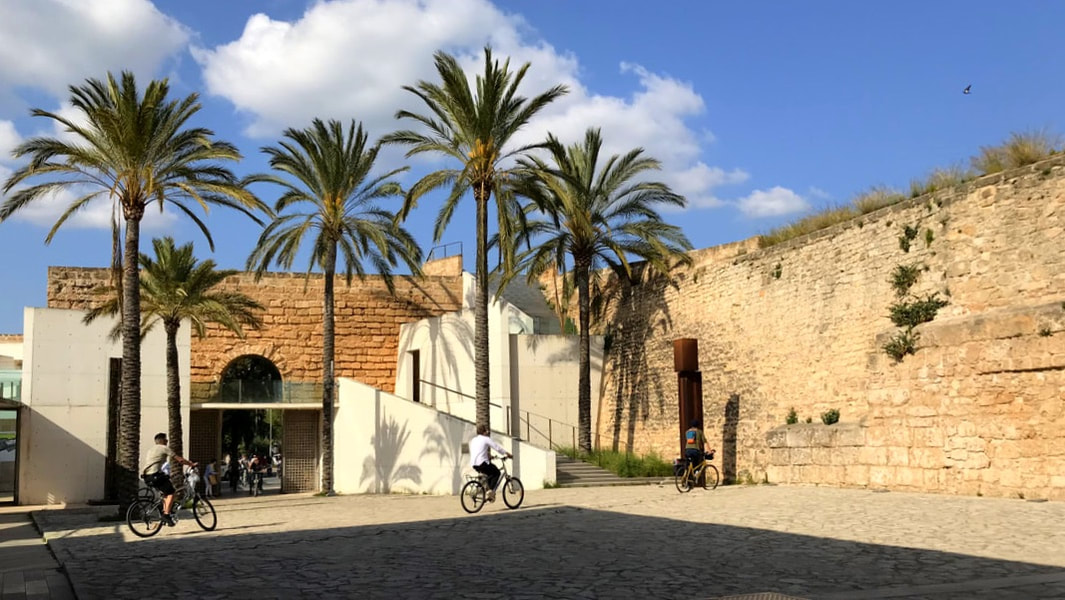
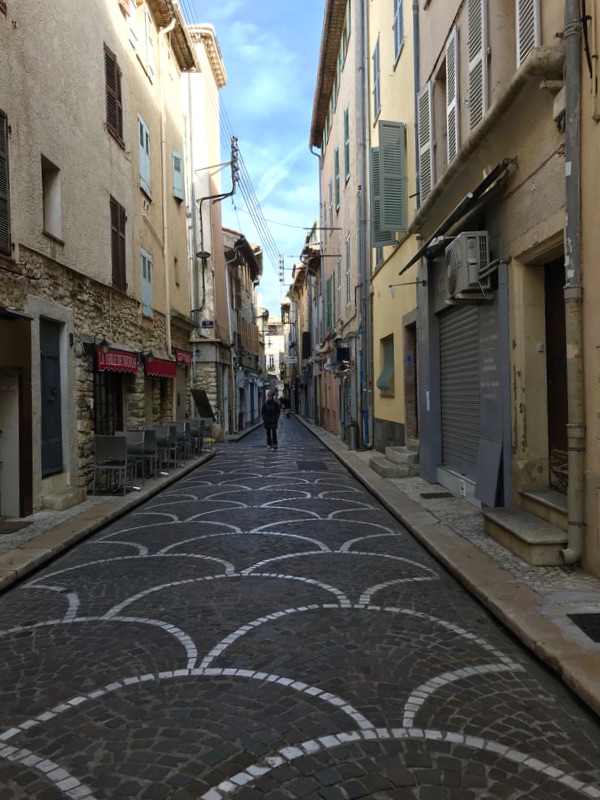
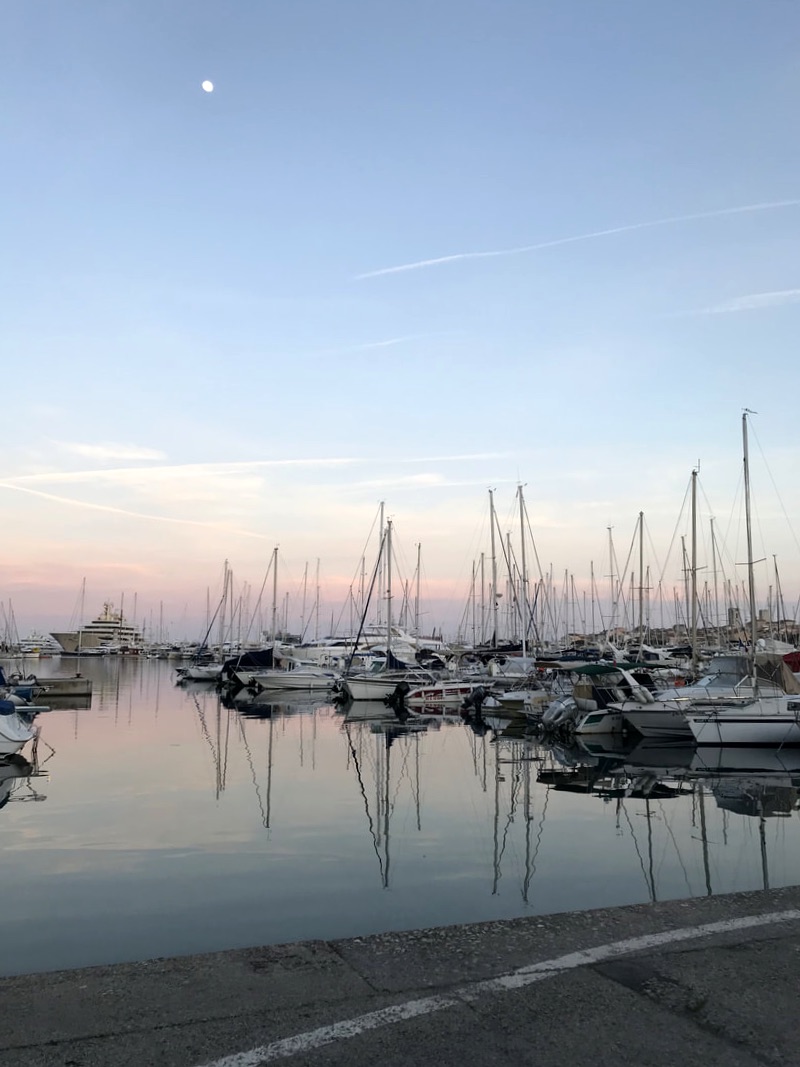
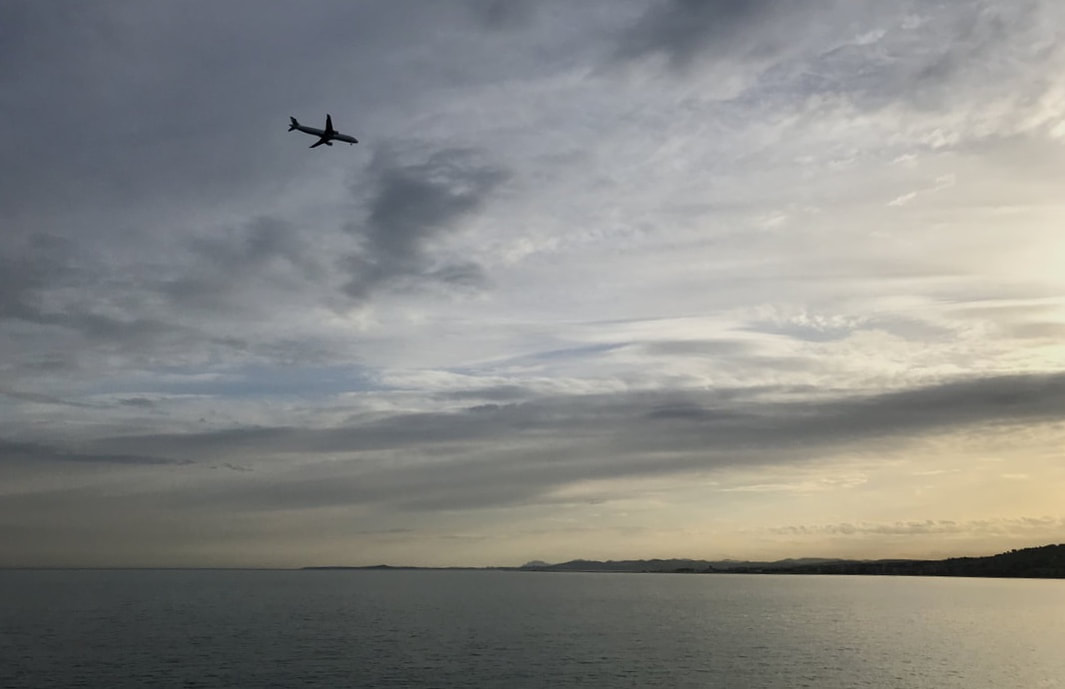
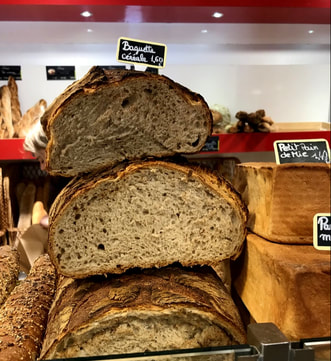

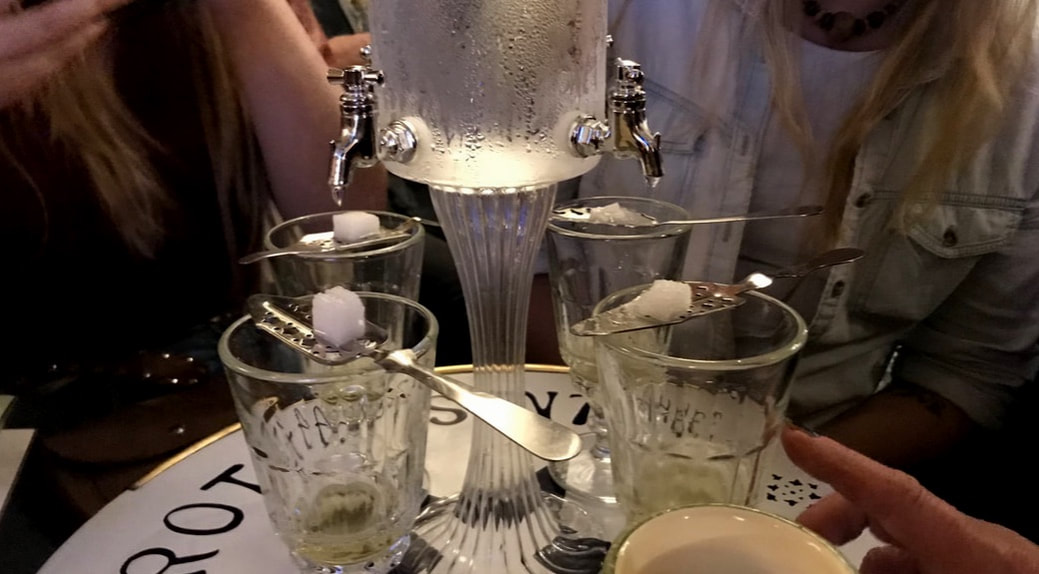
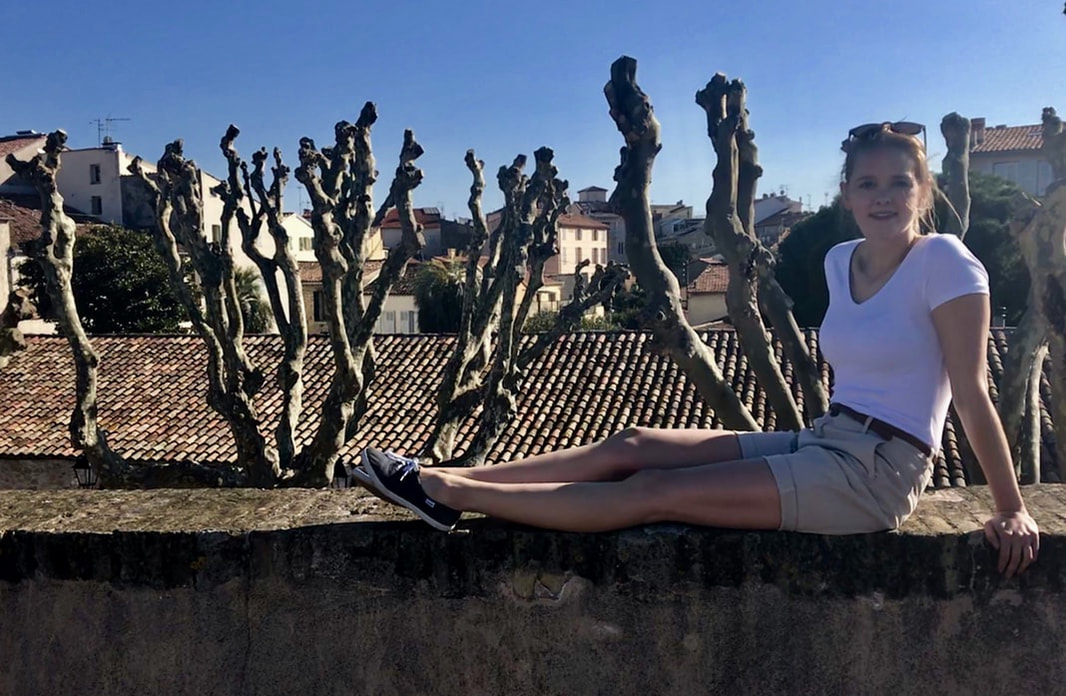
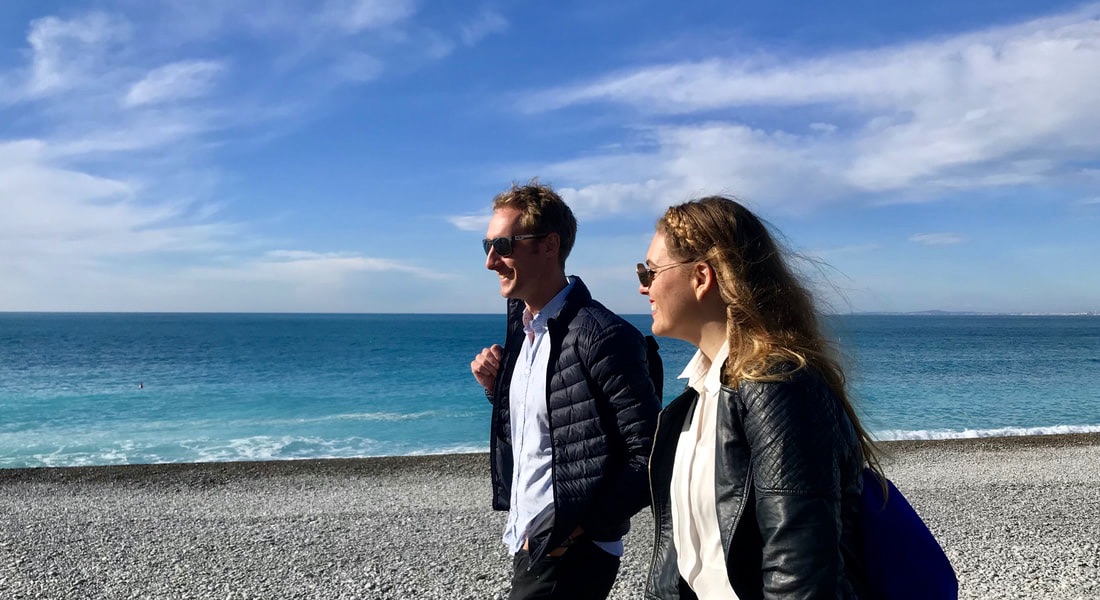
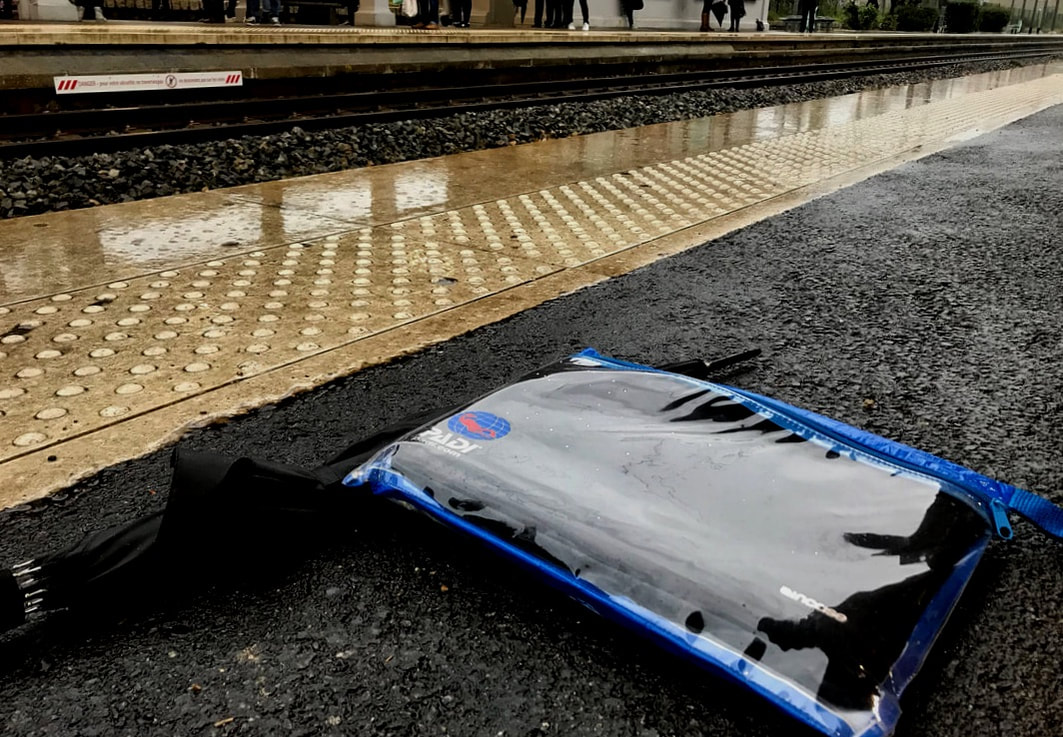
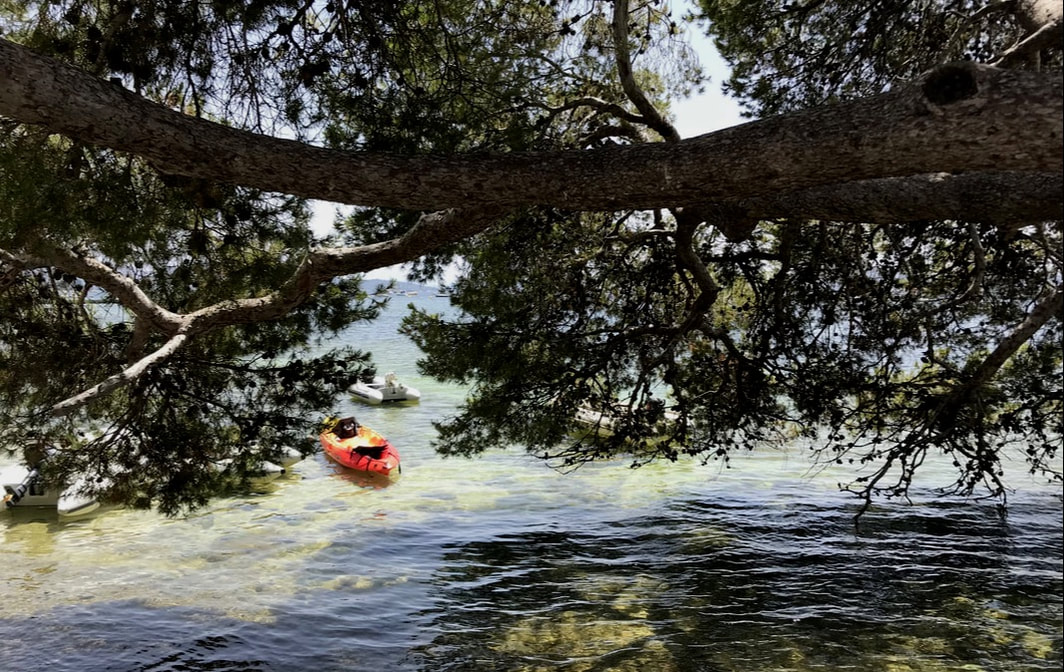
 RSS Feed
RSS Feed
